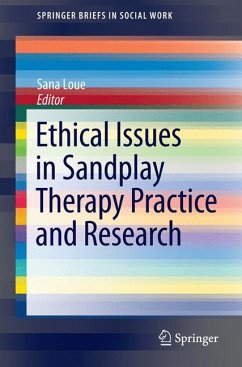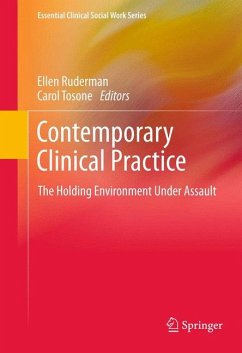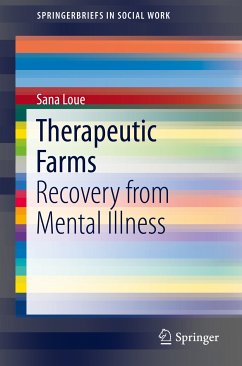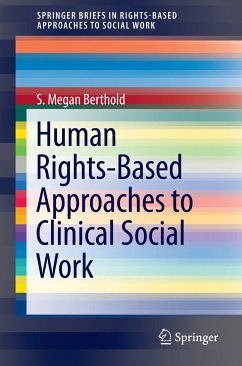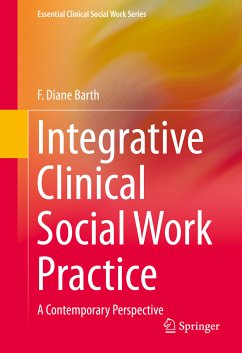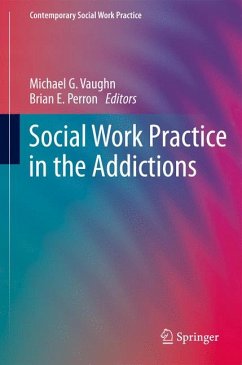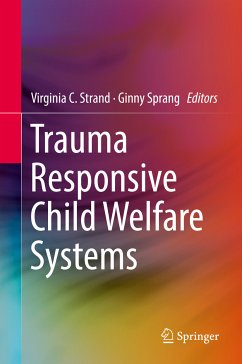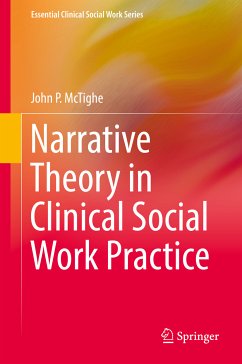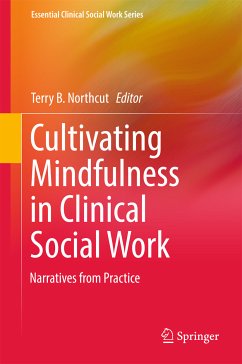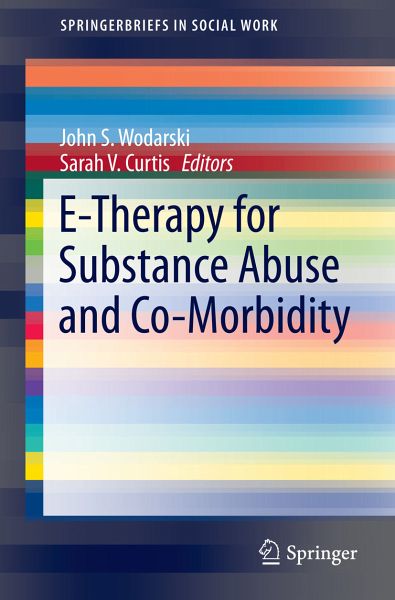
E-Therapy for Substance Abuse and Co-Morbidity (eBook, PDF)
Versandkostenfrei!
Sofort per Download lieferbar
40,95 €
inkl. MwSt.
Weitere Ausgaben:

PAYBACK Punkte
20 °P sammeln!
This brief provides an overview of the emerging field of Electronic Therapy, E-Therapy, with a specific focus on alcohol and substance abuse. Understanding barriers that prevent individuals from seeking necessary mental health treatment is at the center of the development and analysis of practice models of care. Geographic location, transportation, language barriers and other situations contribute to difficulties in obtaining adequate treatment for mental illness. E-Therapy eliminates these barriers by administering counseling and mental health services through audio or audiovisual means. This...
This brief provides an overview of the emerging field of Electronic Therapy, E-Therapy, with a specific focus on alcohol and substance abuse. Understanding barriers that prevent individuals from seeking necessary mental health treatment is at the center of the development and analysis of practice models of care. Geographic location, transportation, language barriers and other situations contribute to difficulties in obtaining adequate treatment for mental illness. E-Therapy eliminates these barriers by administering counseling and mental health services through audio or audiovisual means. This brief examines E-Therapy best practices as they apply to alcohol and substance abuse intervention and prevention.
Dieser Download kann aus rechtlichen Gründen nur mit Rechnungsadresse in A, B, BG, CY, CZ, D, DK, EW, E, FIN, F, GR, HR, H, IRL, I, LT, L, LR, M, NL, PL, P, R, S, SLO, SK ausgeliefert werden.




